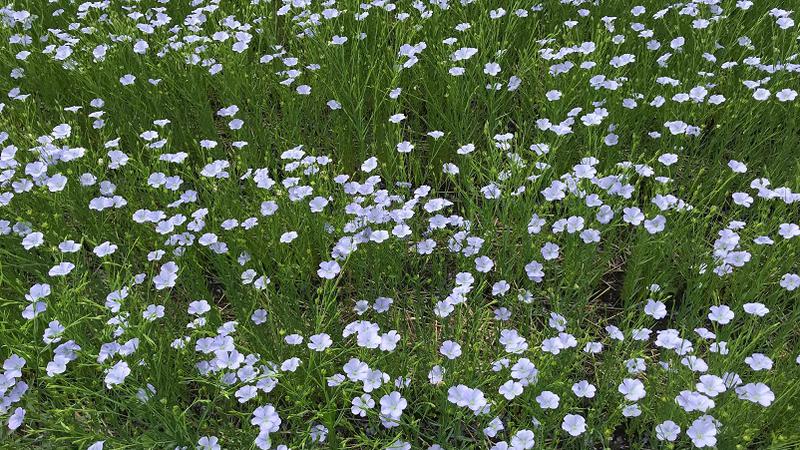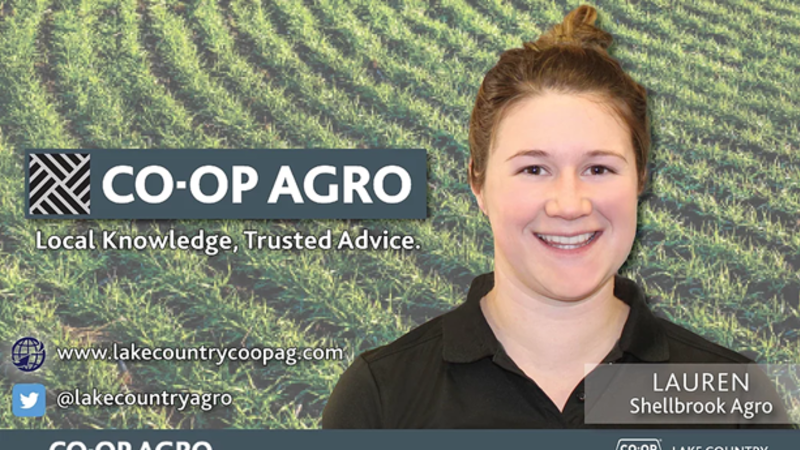
Declining flax acres has Saskatchewan commission considering options
MELFORT, Sask. – Canada no longer holds the key to the global flax market and that is having a ripple effect down to the producer.
Chuck Penner with Leftfield Commodity Research told those gathered at the recent Saskatchewan Flax Development Commission (Sask Flax) annual meeting that he didn’t have much in the way of good news for flax producers.
Penner said Canadian farmers have fallen out of love with the oilseed crop and that has meant lower flax acreage.
“I really like flax. I think it has lots of potential, but the biggest difficulty for flax is the increase in production in places like Russia and Kazakhstan, where it used to be the Canadian flax crop would set the tone for global markets because we dominated the trade,” Penner said. “Now the size of the crop in that part of the world is three or four times the size of the Canadian crop. We’ve had trouble exporting to China and Europe because those other two countries are supplying it at lower prices.”


